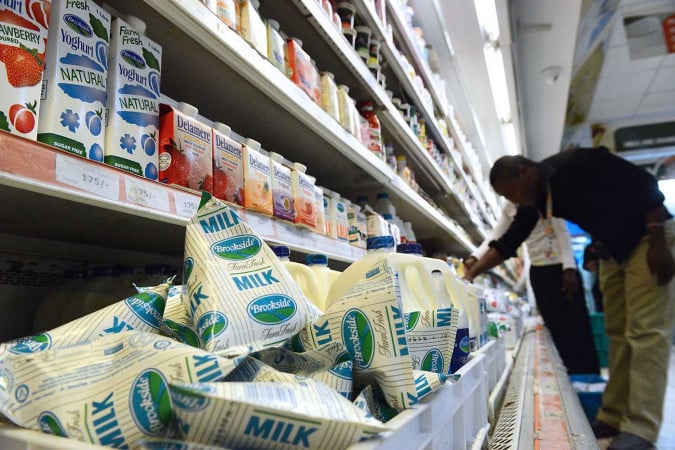It’s time government addressed high cost of living

The cost of basic needs in Kenya has skyrocketed to an extent that focused, conscious, and long-term policy measures must be given serious thought. Apart from a desire to feed the nation, the role of science and value addition of our agricultural produce would be a good starting point.
Although the population has increased significantly since Kenya got independence in 1963, we have failed to embrace modern farming technics to feed the nation as well as provide the bedrock of economic prosperity.
Agriculture, the world over, has been a key driver of industrialisation. And now Covid-19 has made things worse. It has, though, offered vital lessons that a country needs to diversify its economy to absorb unexpected shocks but unfortunately, we are slow learners.
Reports show that average Kenyans cannot keep up with the day-to-day expenses on basics, which is dangerous if we do not shift our focus.
Many households are living below the poverty line, earning less than $2 dollars a day, too little to afford two meals a day and meet other basics such as clothing, healthcare, and education. Worse, there are no hopes of better tidings in the coming days.
The government must address the rising cost of living, which has been exacerbated by heavy taxes on essential commodities and the increased cost of borrowing from commercial banks.
The government has concentrated its efforts on big infrastructure projects such as the new roads, power supply, and railway, which may not necessarily make a lot of sense if they are built in isolation and without integrating other social-economic aspects, especially in rural set-up.
Value addition of our agricultural produce, which would create jobs and increase earnings, has been a huge missing link for decades. For instance, tea, one of our main foreign earners is exported raw where it is used to blend other inferior teas produced by importing countries.
Young people graduating from school are left with the only option of migrating to urban areas to seek highly elusive job opportunities because their rural areas’ backgrounds have very little to offer them.
Agriculture was among the first functions to be devolved to county governments. It is now evidently clear that there are a lot of areas in which both the national and county government must work jointly to help the sector in taking off.
The resources devolved to the counties have not been sufficient in supporting agriculture. The proper transition of what the national government was doing in agriculture to counties was not done properly.
Until recently when there are reforms going on in the agricultural sector as a national government initiative, most of our agricultural sectors have been on the decline- cashew nuts, coffee, sugarcane, tea, maize, and so on.
The economy has stagnated, escalating highly due to increased taxes and high-interest rates and crowding out the private sector from productive investments.
The creation of new opportunities at the county level would help to increase our tax base and ease the prevailing burden.
As a short-term measure, the governments should consider assisting extremely poor households financially using transfers and subsidies for important goods and services.
Life has become too expensive, especially for our unemployed youth.
Many Kenyans in informal employment have experienced the wrath of the pandemic, and government should also consider lowering taxes on essential goods that have stretched their household budgets to the limit.
The writer is a Public Policy Analyst. raphojuma@hotmail.com










